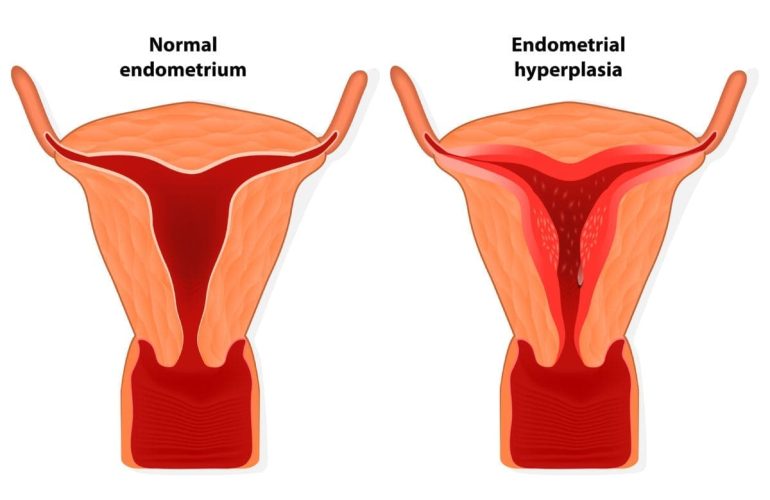Perimenopause: A Comprehensive Guide
Perimenopause, often referred to as the menopause transition, is a natural phase in a woman’s life that signals the end of her reproductive years. This period is marked by hormonal changes that can bring about a variety of physical, emotional, and psychological symptoms. Understanding perimenopause is crucial for managing its effects and maintaining overall well-being during this transformative stage.
What Is Perimenopause?
Perimenopause begins several years before menopause, typically in a woman’s 40s, but it can start earlier for some. It ends when a woman has gone 12 consecutive Understandingmonths without a menstrual period, signaling the onset of menopause. During this transition, the ovaries gradually produce less estrogen, a key hormone regulating the menstrual cycle and numerous other bodily functions.
Symptoms of Perimenopause
The symptoms of perimenopause can vary widely among women in terms of type, severity, and duration. Common symptoms include:
- Irregular Periods: Menstrual cycles may become shorter, longer, heavier, or lighter as ovulation becomes erratic.
- Hot Flashes and Night Sweats: Sudden feelings of heat, often accompanied by sweating and flushing, are a hallmark of hormonal fluctuations.
- Mood Changes: Increased irritability, anxiety, and mood swings can occur, partly due to hormonal changes and sleep disturbances.
- Sleep Problems: Insomnia or waking up frequently during the night is common, often linked to night sweats or anxiety.
- Vaginal Dryness and Discomfort: Decreased estrogen levels can lead to vaginal dryness, making intercourse uncomfortable.
- Decreased Libido: Changes in hormones, combined with other symptoms, can affect sexual desire.
- Physical Changes: Weight gain, particularly around the abdomen, thinning hair, and dry skin are common during this phase.
- Memory Issues and Concentration Problems: Many women report “brain fog” or difficulties in focusing.
Causes and Risk Factors
Perimenopause is a natural biological process primarily driven by declining ovarian function. However, certain factors may influence its onset and symptoms:
- Age: Most women experience perimenopause in their 40s, but genetics, health conditions, or lifestyle factors can lead to earlier or later onset.
- Smoking: Smokers often experience earlier menopause and more severe symptoms.
- Health Conditions: Conditions like autoimmune disorders or undergoing treatments such as chemotherapy can trigger early perimenopause.
- Family History: A family history of early menopause may increase the likelihood of an earlier perimenopause.
Managing Perimenopause
While perimenopause is a natural phase, its symptoms can impact daily life. A combination of lifestyle changes, medical treatments, and support can help manage its effects:
- Healthy Lifestyle:
- Nutrition: A balanced diet rich in calcium, vitamin D, and phytoestrogens (found in soy and flaxseeds) can support bone health and reduce symptoms.
- Exercise: Regular physical activity can help manage weight, improve mood, and strengthen bones.
- Sleep Hygiene: Establishing a consistent bedtime routine and creating a comfortable sleep environment can improve sleep quality.
- Medical Treatments:
- Hormone Therapy (HT): Estrogen therapy or combined estrogen-progesterone therapy can relieve symptoms like hot flashes and vaginal dryness.
- Non-Hormonal Medications: Antidepressants or other medications may help with mood swings, hot flashes, or sleep disturbances.
- Alternative Therapies:
- Mindfulness, acupuncture, and yoga may alleviate stress and improve overall well-being.
- Regular Medical Check-Ups:
- Routine health screenings, including bone density tests and cardiovascular assessments, are essential as the risk for osteoporosis and heart disease increases.
Emotional and Psychological Support
For people who experience this can be an emotionally challenging time. Open communication with loved ones, joining support groups, or seeking therapy can provide invaluable support. Understanding that perimenopause is a natural phase can also help women approach it with greater acceptance and resilience.
When to Seek Medical Advice
While perimenopause is a natural transition, certain symptoms warrant medical attention, such as excessively heavy periods, severe mood changes, or symptoms that interfere significantly with daily life. Consulting a healthcare provider can help tailor a management plan suited to individual needs.
Conclusion
Perimenopause is a significant phase in a woman’s life, marking the transition from reproductive years to menopause. While the symptoms can be challenging, understanding the process and adopting proactive measures can make this transition smoother. By prioritizing physical health, seeking emotional support, and exploring medical or alternative treatments, women can navigate perimenopause with confidence and grace.
For any of your fertility problems, please do not hesitate to contact us. At Fertility Solutions we pride ourselves with the excellent tailored personal care we provide to our patients for their specific needs. A team member will contact you as soon as we get your message, and construct a personal treatment plan for your fertility problems in the country of Cyprus. You can also contact our clinics directly through the links below.
Cyprus Crown IVF Contact: https://en.cypruscrownivf.com/contact
Cyprus American IVF Contact: https://www.cyprusamericanivf.com/contact-us/
Dr. Halil Ibrahim Tekin (Dr. HIT) Youtube: https://www.youtube.com/@dr.halilibrahimtekin1715
Cyprus American IVF Youtube: https://www.youtube.com/@AmerikanTupBebekMerkezi




